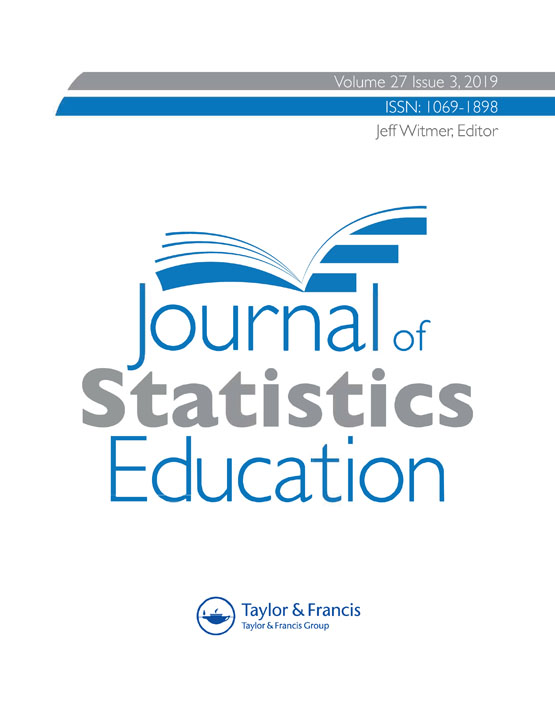tandfonline.com har udgivet en rapport under søgningen “Teacher Education Mathematics”:
Abstract
Abstract
Practice problems and worked examples are both well-established teaching techniques. Research in math and physics suggests that having students study worked examples during their first contact with new material, instead of solving practice problems, can be beneficial to their subsequent performance, possibly due to the reduced cognitive load required to study examples compared to generating solutions. However, there is minimal research directly comparing these teaching methods in introductory statistics. In this study, we chose six pairs of introductory statistics topics of approximately equal difficulty from throughout the semester. After an initial mini-lecture, one topic from each pair was taught using practice problems; the other was taught by having students read worked examples. Using Bayesian and frequentist analyses, we find that student performance is better after reading worked examples. This may be due to worked examples slowing the process of forgetting. Surprisingly, there is also strong evidence from in-class surveys that students experience greater frustration when reading worked examples. This could indicate that frustration is not an effective proxy for cognitive load. Alternatively, it could indicate that classroom supports during in-class problem-solving were effective in reducing the cognitive load of practice problems below that of interpreting written statistical explanations.
